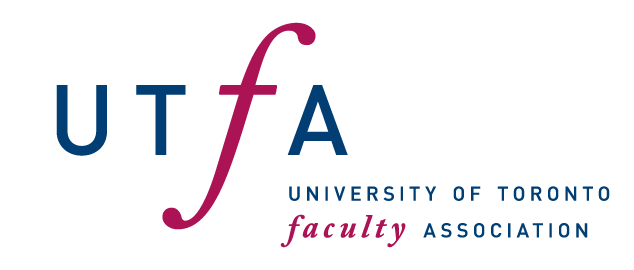Dear Colleagues,
As you likely know, on July 2, 2024, Justice Markus Koehnen granted the University Administration’s application for an injunction authorizing the forcible removal of the encampment on the Front Campus.
On July 3, 2024, in response to the Order, encampment participants removed all structures and vacated the Front Campus ahead of the Court’s 6 p.m. deadline.
UTFA’s interest in the Court proceedings has been focused on protecting our members’ fundamental rights and freedoms. Notably, when the Administration issued a trespass notice and publicly threatened UTFA members with mass discipline [see May 24, 4:05 pm communication], including termination, UTFA condemned the Administration’s disproportionate and unprecedented position, and successfully pushed the Administration to reverse its position [see May 31, 7:14 pm communication] on termination of employment (but was not successful in having the Administration retract threats of other forms of disciplinary action against our members).
In the reasons for his decision, Justice Koehnen considered whether the University Administration had made a strong prima facie case that the encampment was violent or antisemitic, and whether Charter rights were engaged. Both questions were answered in the negative. Instead, the issue was decided based on legal principles applicable to private property disputes.
As we anticipated in our submissions to the Courts, Tuesday’s ruling impacts key terms and conditions of employment of faculty and librarians. UTFA members, other faculty associations, civil society groups, and national labour organizations are now raising concerns about those impacts, and we expect more issues to emerge in the coming days and weeks following a more careful study of Justice Koehnen’s reasons.
A common and immediate concern of the Canadian Association of University Teachers (CAUT), UTFA, and other faculty associations is the Court’s failure to recognize that a university is substantively more than a collection of privately owned physical spaces. This misconception undermines the rights of faculty and librarians to collegial governance, academic freedom, free expression, and freedom of association. Importantly, these rights and freedoms are foundational to the University of Toronto’s own Statement of Institutional Purpose, Statement on Freedom of Speech, and UTFA’s Memorandum of Agreement (“MoA”) with Governing Council; UTFA remains committed to safeguarding them.
The Memorandum of Agreement (“MoA”) in particular explicitly protects academic freedom. The Order does not restrict UTFA members from grieving violations of academic freedom, restrictions on freedom of expression more broadly, or concerns related to members exercising related rights in the workplace. Accordingly, UTFA reserves the right to grieve violations of the MoA and University policies as necessary. UTFA’s right to grieve was affirmed in the Court’s preliminary ruling on intervenor status [see para. 10.].
UTFA also remains committed to safeguarding human rights, including our members’ rights to have allegations of antisemitism and anti-Palestinian racism taken seriously. We continue to encourage members who have been subject to harassment or discrimination to contact UTFA for representation and advice.
Sincerely,
UTFA Executive
